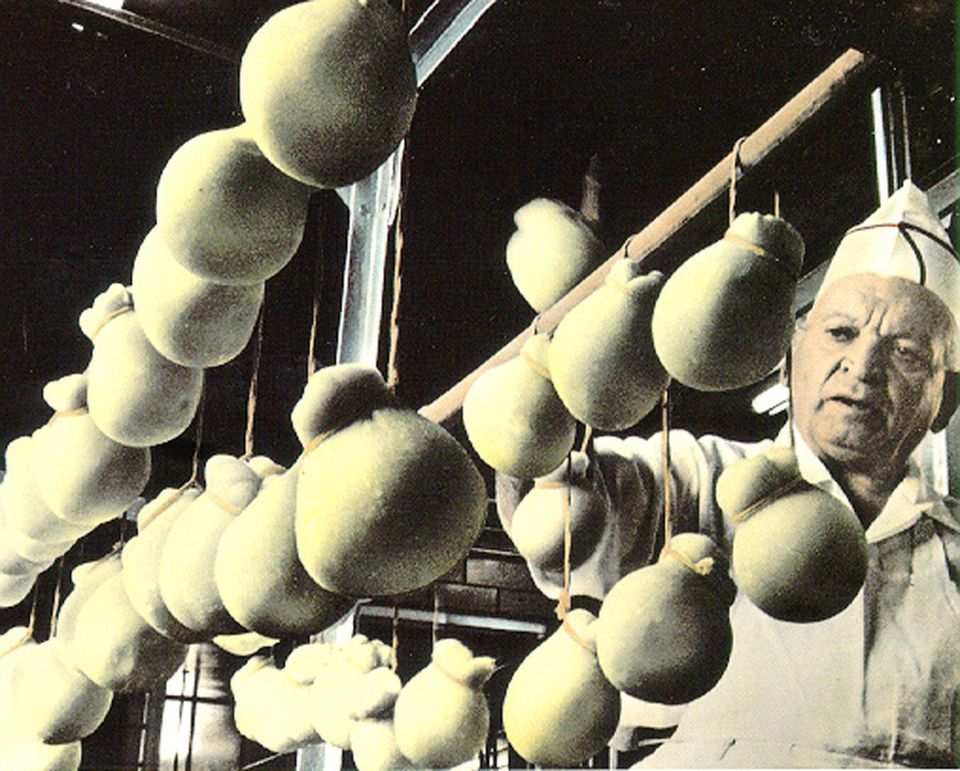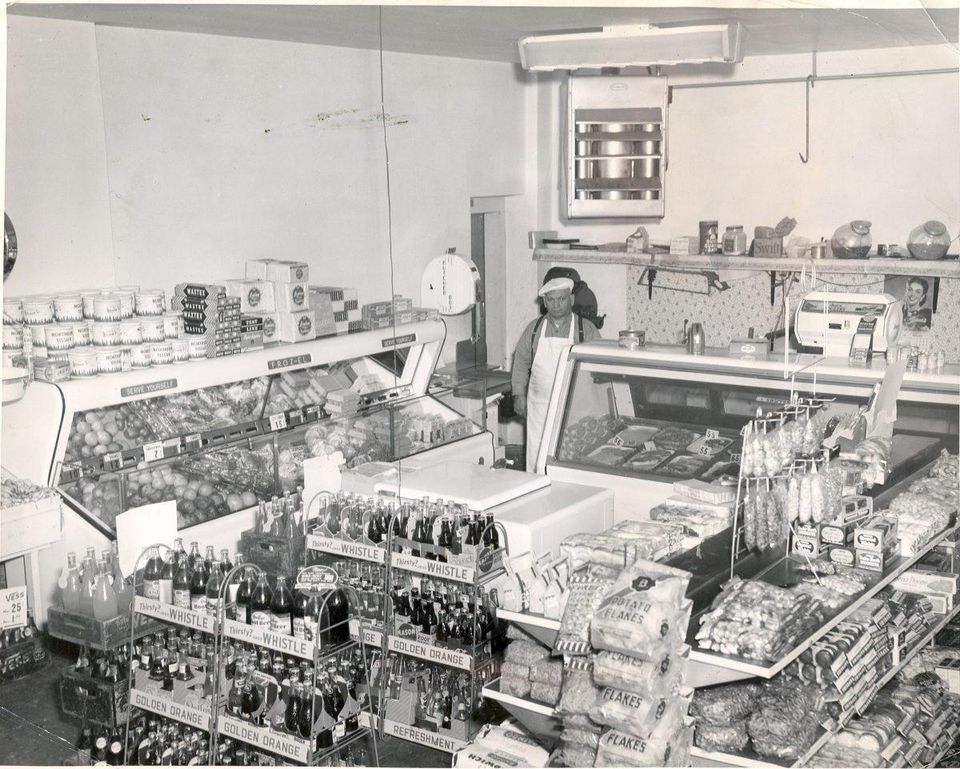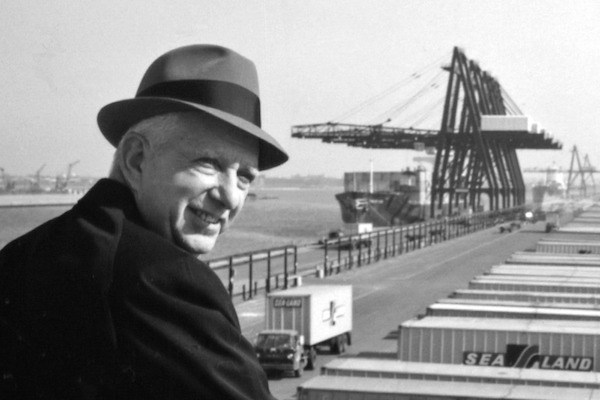
Dollar Cost Averaging 101
Many of the brightest minds in the investing world share one common trait: they recommend dollar cost averaging as an investment strategy.
But what is dollar cost averaging and how does it work?
Here's Dollar Cost Averaging 101!
👇👇👇
Many of the brightest minds in the investing world share one common trait: they recommend dollar cost averaging as an investment strategy.
But what is dollar cost averaging and how does it work?
Here's Dollar Cost Averaging 101!
👇👇👇

1/ Dollar cost averaging, or "DCA" for short, is a simple investment strategy in which an investor splits the total amount to be invested in a given asset across regular periodic purchases.
The regular purchases occur regardless of price, volatility, or economic conditions.
The regular purchases occur regardless of price, volatility, or economic conditions.
2/ The goal is to remove the complexities of market timing from the process, allowing an investor to build their desired position without concern for external factors.
Its simplicity removes behavioral and psychological biases from the equation.
Let's look at an example.
Its simplicity removes behavioral and psychological biases from the equation.
Let's look at an example.
3/ Imagine you want to build a $10,000 position in bitcoin. You have done your research and believe in the long-term story.
You aren't sure if it will go up or down in the near-term, so you decide to dollar-cost average.
Great decision! How will you do it?
You aren't sure if it will go up or down in the near-term, so you decide to dollar-cost average.
Great decision! How will you do it?

4/ You split the $10,000 up into 20 pieces ($500 each). You could have done any number of pieces, but 20 felt right.
You decide on a weekly DCA, so every Monday, you buy $500 of $BTC, regardless of price. After 20 weeks, you have built your desired $10,000 cost basis position.
You decide on a weekly DCA, so every Monday, you buy $500 of $BTC, regardless of price. After 20 weeks, you have built your desired $10,000 cost basis position.
5/ Alternatively, you may not have a specific position size in mind.
You know you believe in the long-term story for $BTC, but you aren't sure about near-term movements.
You are confident it's going (much) higher eventually, but with likely volatile swings between now and then.
You know you believe in the long-term story for $BTC, but you aren't sure about near-term movements.
You are confident it's going (much) higher eventually, but with likely volatile swings between now and then.
6/ In this scenario, you may go with a "perpetual DCA" plan. Just buy a set amount every day, week, or month, with no position size in mind.
This is an excellent approach for high-conviction, long-term investments.
(Note: Perpetual DCA is the backbone of my personal strategy.)
This is an excellent approach for high-conviction, long-term investments.
(Note: Perpetual DCA is the backbone of my personal strategy.)
7/ For the vast majority of investors, dollar-cost averaging and compounding are the two concepts that should form the foundation of your long-term wealth creation strategy.
DCA + Compounding = All You Need
The best part? It's easy. Anyone can do it.
DCA + Compounding = All You Need
The best part? It's easy. Anyone can do it.
https://twitter.com/SahilBloom/status/1306627924561338370
8/ There are many great tools that allow you to automatically execute against your dollar-cost averaging plan.
For equities, robo-advisors such as @wealthfront and @betterment offer automated DCA plans. @M1_finance allows for a more user-controlled strategy and experience.
For equities, robo-advisors such as @wealthfront and @betterment offer automated DCA plans. @M1_finance allows for a more user-controlled strategy and experience.
9/ For bitcoin (or other crypto), @investvoyager, @BlockFi, and many others will allow you to execute a daily, weekly, or monthly automated purchase.
@RoundlyX allows you to invest your spare change in bitcoin. A neat, seamless way to DCA. It is the @acorns of cryptocurrencies.
@RoundlyX allows you to invest your spare change in bitcoin. A neat, seamless way to DCA. It is the @acorns of cryptocurrencies.
10/ There are many experts out there that seek to over-complicate things. As you all know, I am not one of them.
In investing, as in life, keep it simple!
Dollar-cost averaging + compounding = all you need.
So that was Dollar-Cost Averaging 101! I hope you found it useful.
In investing, as in life, keep it simple!
Dollar-cost averaging + compounding = all you need.
So that was Dollar-Cost Averaging 101! I hope you found it useful.
11/ Hat tip to @scottmelker, @APompliano and @WallStPlayboys, who have all educated their followers on dollar-cost averaging as an investment strategy.
And for more educational threads on money, finance, and economics, check out my meta-thread below.
And for more educational threads on money, finance, and economics, check out my meta-thread below.
https://twitter.com/SahilBloom/status/1284583099775324161
• • •
Missing some Tweet in this thread? You can try to
force a refresh














